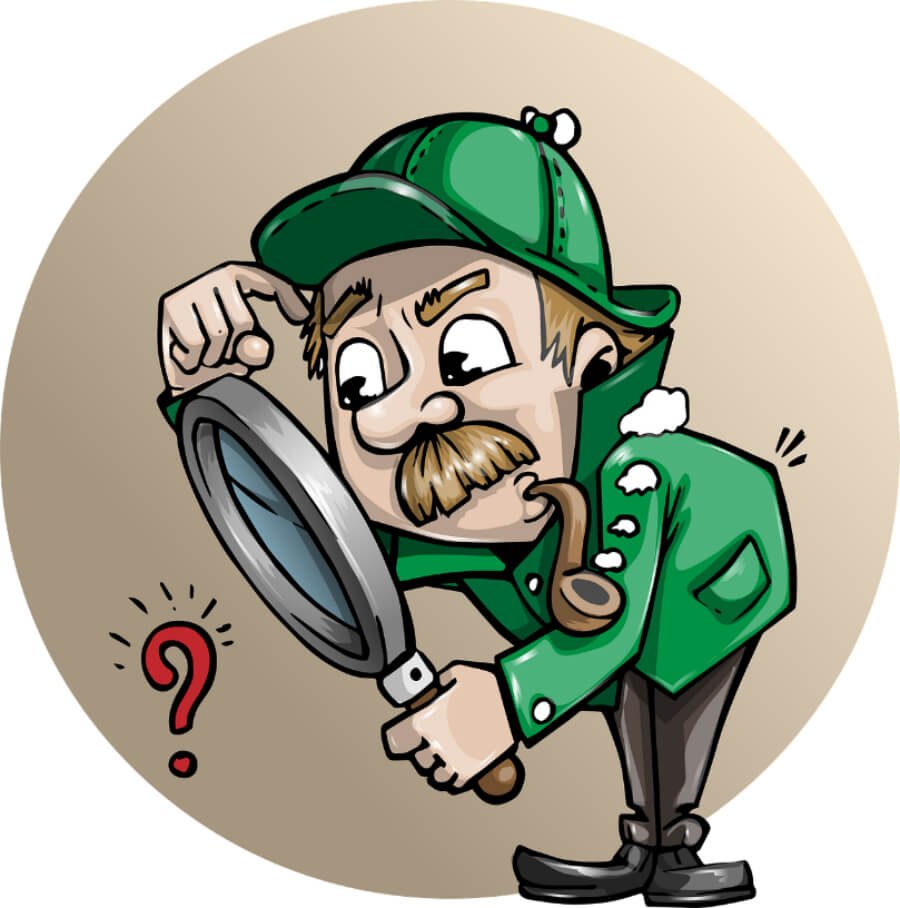A forensic engineer is a specialized person who focuses on investigating and analyzing accidents and failures. It requires a combination of technical knowledge, investigative skills, and problem-solving abilities to determine the cause of an accident or failure. If you are looking for a forensic engineer to help with your case, it is important to know what skills they should possess. A forensic engineer is a specialist in the field of engineering who has extensive experience and knowledge in investigating and analyzing accidents, incidents, and malfunctions.
A forensic engineer is an expert in the field of engineering who specializes in investigating and analyzing accidents and failures. Forensic engineering involves a variety of skills and knowledge, including engineering drawings, mathematics, physics, chemistry, materials science, failure analysis techniques, and forensic techniques. Forensic engineers are responsible for analyzing evidence from the scene of an incident to determine the cause of the accident or failure. With their expertise, they can provide valuable insight into potential solutions that may reduce risks or mitigate any associated damages. To choose the best forensic engineer for your case, it is important to ensure that they possess these essential skills:

Table of Contents
1. Technical Expertise:
A strong technical understanding of the relevant engineering principles and theories is essential. The engineer must be able to interpret diagrams, schematics, and other technical documents in order to determine the cause of a failure or accident.
2. Investigative Skills:
A forensic engineer needs to have excellent investigative skills in order to analyze evidence and uncover the root cause of an incident. This requires thinking critically and finding patterns in data to pin down the possible cause.
3. Problem-Solving Ability:
Forensic engineers must be able to analyze a problem and come up with solutions that are practical and cost-effective. They must have good analytical skills and be able to think outside of the box in order to find solutions that reduce risks or mitigate any associated damages.
4. Communication Skills:
A forensic engineer must have good communication skills. They must explain their findings and conclusions in terms that non-technical personnel can understand. This is important because it ensures that their work is properly understood by all parties involved in the case.
5. Interpersonal Skills:
Forensic engineers often work in teams and must be able to collaborate effectively with other engineers, technicians, and specialists. They must also be able to understand the needs of the client and provide them with the best possible solutions.
6. Building Code Knowledge:
Another essential skill for a forensic engineer is knowledge of regional building codes. This ensures that the proposed solutions meet all safety standards, minimizing risks and preventing future incidents. Building Code Knowledge can also be helpful when proposing solutions to existing buildings and structures.
7. Analytical Thinking:
The ability to think analytically is critical for a forensic engineer. This skill involves the ability to break down complex problems into smaller parts and analyze them separately in order to come up with viable solutions. Analytical Thinking also involves assessing a situation and making informed decisions accurately.
8. Math Skills:
Having strong math skills to calculate angles, distances, forces, and other measurements is also essential for a forensic engineer. This knowledge helps them to assess the cause of an accident or failure accurately.
These are just some of the important skills and abilities that a forensic engineer should possess in order to effectively investigate and analyze accidents, incidents, and malfunctions. When choosing the right person for your case, make sure that they possess these essential skills. With their expertise, you can be sure that your case will be handled efficiently and effectively.

How Can You Find The Right Forensic Engineer For Your Case?
When selecting a forensic engineer for your case, it is important to find someone with experience in the specific field you need. They should be up-to-date on the latest advances and technologies in their field of expertise. Additionally, it is beneficial to look for an individual that is certified by a relevant professional organization, as this ensures that they have the knowledge and qualifications necessary to do an effective job. Finally, it is wise to inquire about their past experience and any references that can be provided.
A good forensic engineer should be able to provide a portfolio of successfully solved cases or samples of work that demonstrate their capabilities. After researching the prospective engineer, you will be better informed to make an informed decision on who is the right fit for your case.
When looking for a forensic engineer, you must find someone with all the necessary qualifications and experience for your particular case. Here are some tips on how you can find the right person for your needs:
Research different firms online:
Look at different firms online by searching “forensic engineering firms” or “forensic engineering services” on Google or another search engine. This will give you an idea of what kind of services each firm offers as well as reviews from past clients, which can help you decide which one is best suited for your needs.
Ask friends/colleagues:
If you know anyone who has worked with a forensic engineer before, then ask them about their experience with them so you can better understand what kind of service they provide before making your decision.
Check qualifications:
Make sure that any potential candidates have all the necessary qualifications required by law, such as a bachelor’s degree in engineering or science, as well as any relevant licenses or certifications they may need depending on where they practice (this varies from state to state).
Final Thoughts:
Finding the right forensic engineer for your case is essential to its successful outcome. Make sure that you do your research and only work with experienced professionals who have the necessary qualifications and a proven track record of success. Doing so will help ensure that your case is handled properly and efficiently, maximizing the chances of a favorable outcome. By researching different candidates, asking questions during interviews, checking references, and understanding what skills are needed for a successful forensic engineer job description, you will be able to make an informed decision when choosing the best person for the job.





